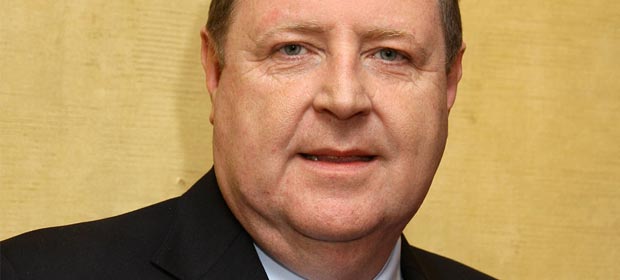Cost of Quality & Safety in our Health Service
Given the most recent findings in the publication of the report into Portlaoise Hospital and the recent comments covered in the media attributed to the Minister for Health, it is incredibly difficult to hear that in 2015, in the Irish health services, patients and their families were not treated with dignity, respect and compassion.

So why and how does this happen? Irish healthcare professionals are valued around the world for their skills, dedication and caring attitudes, so how does it happen that the very same individuals working at home here in Ireland could treat patients and their families in such a “dreadful” manner as the Minister has described.
My deepest sympathy goes to all the families involved and I hope that we can all learn from their tragedies so that people will never be treated in this way again.
Being patient centred and kind, takes little, costs nothing and means so much. Treating patients and their families the way we would like our families to be treated is the expectation we all have, so what happens when our standards fall short of the expectation set?
I believe that nobody goes to work to do a bad job, or to treat patients in a less than respectful manner so understanding why and how this occurs is extremely important. More importantly, those of us who work in management positions in our health service have a responsibility to be mindful and guard against such behaviours occurring in the future in our services.
If individuals don’t set out to do a bad job or to treat people unfairly then what are the contributing factors? In speaking to people, the two most common issues that emerge are (a) the environment within which care is delivered and (b) the sustained pressure that health care professionals feel they are under to provide optimal care. If staff are working in an environment which is not optimal, fit for purpose or for an organisation which doesn’t invest in supporting or developing its staff or use evidence based practice, or is chronically underfunded, then one can see how standards start to fall.
Also if staff are working under sustained pressure due to increases in volume of activity or with reduced staffing levels or with substandard equipment then one can only see how these factors can also contribute to standards dropping. I am not saying these are excuses but merely recognising significant contributing factors. I am also not saying that these were at play in Portlaoise, but merely looking at the circumstances and published evidence under which people, and the standards of care delivered can be compromised. The message from Portlaoise, MidStaffs and other reports is that managers must ensure that there is constant feedback from frontline staff, service users and their families and that their voices are heard directly and impact on what we do and how we deal with people.
So what can we, as health care professionals and managers, do to ensure that similar events do not occur in the future? I believe we need to keep in mind and actively manage the following:
- Be clear on the standards we expect from our staff and ourselves.
- Use evidence based practice to support how services can best be delivered.
- Have service user involvement at all key stages, where possible.
- Embed a culture of safety and quality throughout our staff and services.
- Support and develop safety and quality programmes and initiatives and benchmark services against similar providers.
- Make sure our staffing levels are safe to provide quality services. If not, alert those in authority before a potential incident occurs.
- Develop and support our staff. They are our key asset.
- Ensure, whenever possible, our working environment is as fit as possible for purpose. In designing same have staff and user input.
- Constantly measure, monitor and report on quality and safety issues and report on potential or anticipated risks. Act on what the evidence tells us.
- Be alert, vigilant and be seen in service areas.
There are many things we can do, ought to do and should do so let’s make the commitment to put quality and safety at the centre of all that we do, by acting and not just talking about it and paying lip service to it.
Derek Greene
HMI President

